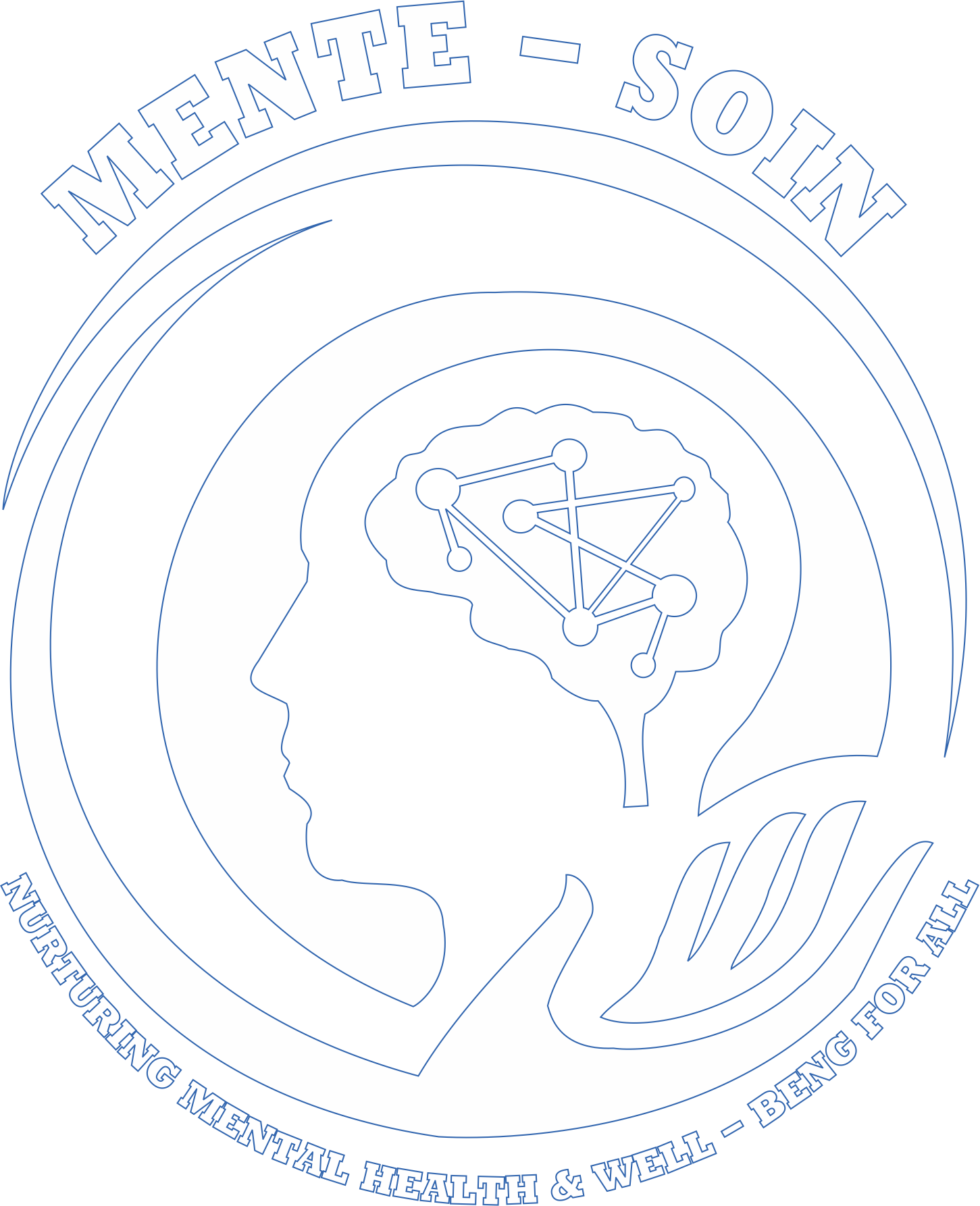Dr. Mathew Thomas, PhD, Practitioner Psychologist and Accredited Psychotherapist

In the realm of modern psychology, Carl Jung’s exploration of the human psyche, particularly the workings of the unconscious, stands out as a beacon of insight.
Traditional therapy often centers on accessing the personal unconscious, the deeper aspect of our individuality. However, the true transformative force lies in the collective unconscious – a realm that encompasses our dreams, universal connections, and the unfamiliar, yet integral, parts of our identity. This collective unconscious carries our shared experiences, including our collective traumas and evolving history.

It’s worth noting that many societies teach a restricted version of history, limiting progressive thinking and intellectual curiosity. This approach can hinder our ability to tap into the full potential of our collective unconscious.
While forward-thinking psychotherapy can begin with the present moment, addressing immediate perceptions and worldviews informed by the personal unconscious, true transformation requires delving deeper. As a “doctor of the soul,” I’ve observed that focusing solely on the personal unconscious and cognitive realm often yields only short-term benefits.
The transformational model of psychotherapy I advocate for provides a safe space to explore the deep reservoirs and archetypal symbols hidden in the collective unconscious. The gateway to this future is the “here and now,” with therapy offering a conscious pathway to a more promising existence, and fosters insightful cognition to meet life’s unique challenges.
While the ultimate goal of therapy is human transformation, it often begins with transition. Not everyone can immediately commit to the continuity required for full transformation. Sometimes, a transitional object is necessary for initiating a paradigm shift. The initial breakthrough, emerging from breakdowns, requires hard work and a strong alignment between psychologist and client.
The Jungian approach I favor is forward-looking, focusing on associating into the future rather than solely retreating into the past, as in Freud’s traditional free association model. While free association can reveal hidden or repressed material crucial for understanding psychological difficulties, it often deviates from the main focus of therapy.
As a Jungian analyst, I help clients communicate with different parts of themselves, allowing wounded aspects to express their pain and gain deeper understanding. This process fosters wisdom, learning, and a sense of direction for a better future.
Once these parts feel seen and heard, it can help these parts release their pain. This leads to healing as unconscious issues are integrated into conscious awareness safely and compassionately.



